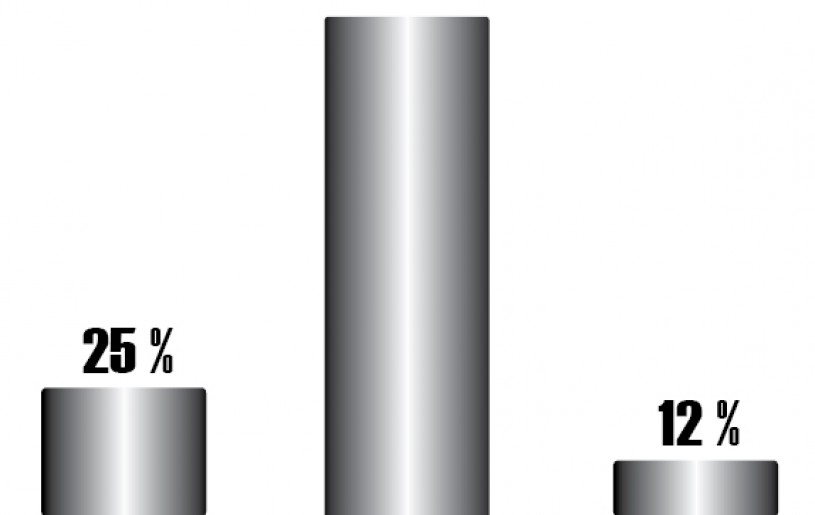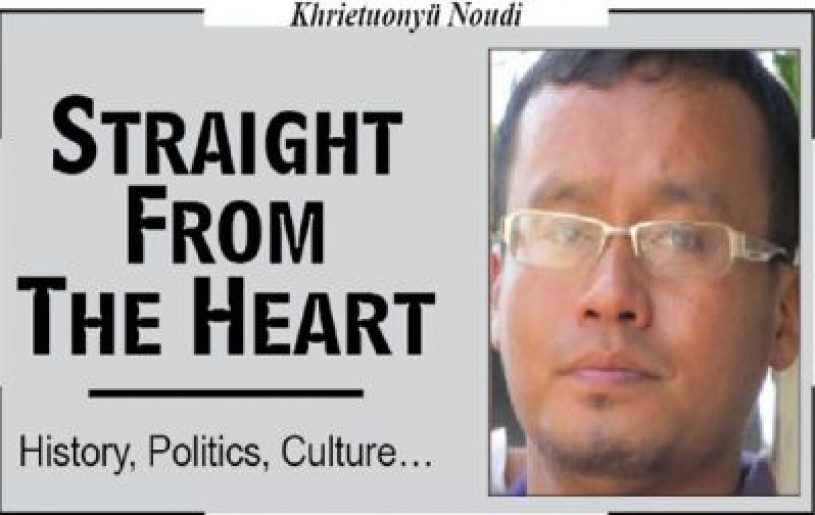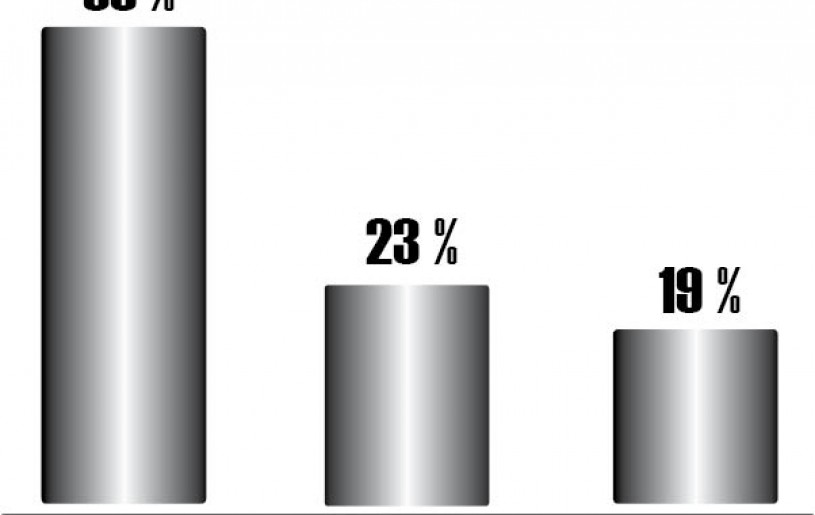
James H.K
Head, Dept. of English, SJC, Jakhama
How is literature practiced in The Age of Digitals? With the speedy advancement and progress made in the technologies, how does literature flourish? How does it survive? How is it moving? And to what destination? Or is the Literature dying out with the people having no more time for it? I believe, it’s worthwhile for us to take a serious note of it. But before we go to expatiate the Digital Age, good be it to note what could be this Literature in digestive gulp.
Literature may be defined as the written works that are regarded as having artistic merits. It includes books and printed information on particular subject. There are various types of literary works like lyric, poetry, epigrams, epic poetry, haiku, satire, comedy and tragedy, prose, sonnets, drama, elegies, history etc. Broadly “literature” is used to describe anything from creative to more technical or scientific works, but the term is more commonly used to refer to works of the creative imaginations, including works of poetry, drama, fiction and non-fiction.
Literature represents a language or a people: culture and tradition. Literature introduces us to new worlds of experience, we learn about books and literature everyday. Thus, we may even grow and evolve through our literary journey with books. Literary works have been great source of inspiration even for the development and invention of so many things of great importance and significance. For instance, gliders and air plans have been invented through the inspiration of the poets who imagined themselves flying and soaring the skies like birds, in the heights of their fantasies. Literary works have proved to be quite contributory to scientific and technological developments at large.
History of literature begins with history of writing, it is said to have developed out of proto sign system by the 30th century B.C. Some of the prominent classical writers known to us are Plato, Horace, Homer, Aristotle, Thucydides, Sophocles, Desmosdenes etc. Their works are characterized with authencity, originality and complexity; their works are a proof of the excellence and the creativity of the great minds.
Literature was brought to a different level after the period of Renaissance and Reformation in England. ‘The Authorized version of the Bible’ or ‘King James Bible’ (1611) is considered as a classic in English literature.
The works of Shakespeare, Milton, Alexander Pope, Shelley, Wordsworth, Marlowe, Spencer, John Donne, Thomas Hardy, Charles Dickens; to name some few who contributed to literature; their works are a masterpiece, each different from the work of the other. But with the development and the invention of the Digital, the literature suffered a heavy setback. Don’t we fear that in future reading would be completely dominated by Digital?
The books lay rotten in the shelves, waiting for someone to read and taste the originality of the masterpiece of the authors of great caliber. The true meaning of the literary works can be understood through their original works. But today, with the invasion of the digital technology, literature is less appreciated. In order to appeal to the eye of the viewers, the original works are reduced and twisted. Meanings are being distorted with modifications, the works no more appear to be a masterpiece.
Even a bulk of a book can be reduced to a short movie, thus omitting so many lines and sentences. Digital technology refines literature for its production; for its progress, it betrays the work of art. There are instances of the degradation of literature in the present era, a story is often shortened and the grandiloquent words are being replaced by simple dictions and vocabularies. Words like ‘thou’, ‘thee’, ‘thine’ etc are no more used today. These words are losing their importance today, such words find their beauty only in literature, and they fit in perfectly in written forms.
Moreover, a very depressing truth is that people often opt for digital because they spend very little time to understand and complete a particular video or movie, contrary to that, reading consumes a lot of time. Prose is at its very end almost all the works of fictions and dramas are now highlighted in the form of movies; some of the relevant examples are that of Jude the Obscure, Wuthering Heights, Macbeth, Pride and Prejudice, Jane Eyre, She Stoops to Conquer, Sense and Sensibility, A Walk in the Clouds, Life is Beautiful, Love Comes Softly etc… which are not in their original forms; there are some modifications. They have failed to maintain their authenticity; they are nothing compared to literature.
There has also been gradual depletion of literature; there are hardly any poems at work in the digital arena. Poems are neglected, they find no place today’s world, poetry is replaced by cheap works. It is very difficult, rather impossible to explain poetry through films and videos. Real work of beauty is visible only in poetry; but it is being polluted with dilutions. With discoloration, poetry is no more alive in its natural form.
Another discouraging fact is that unlike literature, old movies/ videos are often neglected with the production of new books. We have learnt how man evolved from ape; man started adapting to new living conditions and shed their old self to undergo a process of evolution. Likewise, literature is undergoing a constant change and we are easily adapting to the transitions and deviations. In spite of being conscious about saving the original materials by keeping a continuation in printing the exact copy; people are not bothered about its importance; rather they in lieu proceed into publishing new name and fame.
Thus, we can say that the age of digital has hampered the growth of literature. Digital works find a superior place than the original text itself. There is complete anarchy in the quest for the preservation of the true work of art. I have opined, how about you???





